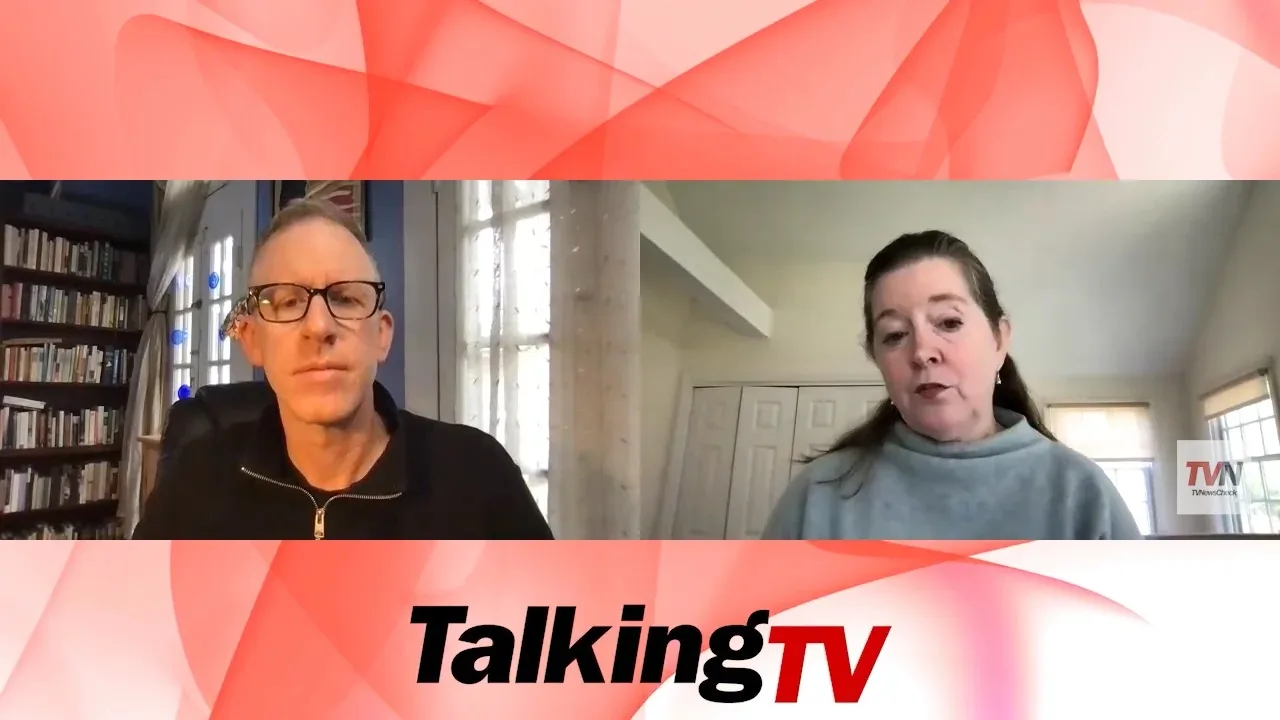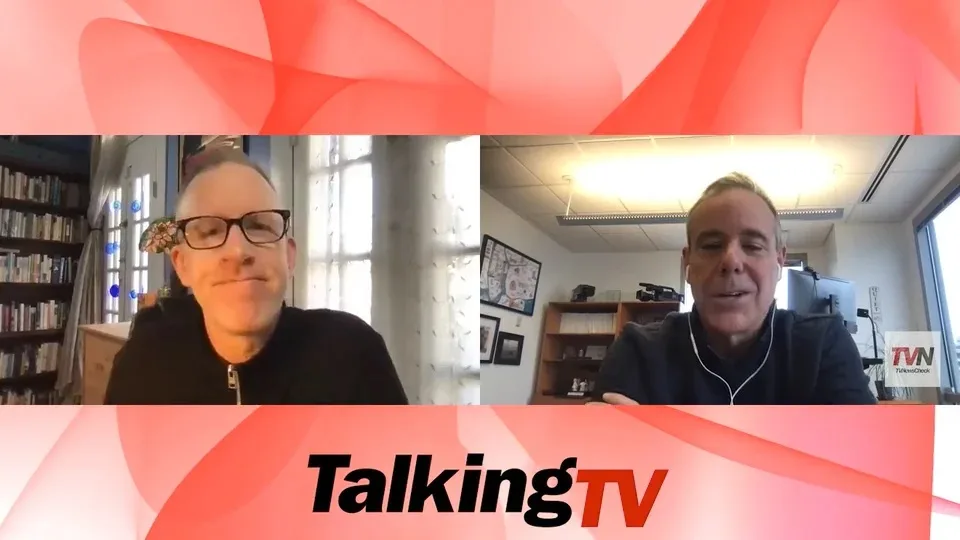
Is CBS For Sale?


Hank Price
When 26-year-old William S. Paley bought a small group of radio stations from Columbia Records in 1927, he decided to keep the Columbia name, since it was already well known. Over the following decades, the Columbia Broadcasting System, later shortened to CBS, became synonymous with style, quality and cutting-edge attitude.
In 1980, when Paley was 79 years old, the man who had bet his entire company on television 35 years earlier proposed to the CBS board that the network create a 24-hour news channel. The board thought the idea preposterous, saying it would anger affiliates. That left the way open for a billboard operator in Atlanta (Ted Turner) to do the same thing (CNN).
Although he lived for 10 more years, that was the end of the Paley era. CBS then went through a series of owners, each of whom lessened the luster of the once-great Tiffany Network.
Fast forward to 2022. Viacom, a company founded in 1972 by, you guessed it, William S. Paley, has announced a name change from ViacomCBS to Paramount. If you have not read the official press release, it is fascinating. The four-page document details every program and franchise the company owns, even Beavis and Butt-Head, but with one notable exception. Other than one line of fine print at the bottom, there is no mention of CBS. CBS News is not mentioned at all.
In fact, the only reference to “news” in the entire release, which makes clear that Paramount will be a global entertainment company, comes as one word in a long string of product offerings on the Paramount streaming service. Even then, there is no CBS.
Reading the press release forces one to ask the obvious question: Is CBS for sale? We get that the new company will be all about streaming, but why no mention of the company’s single most valuable asset?
Logic would say Paramount would not be willing to lose the massive revenue from affiliate payments, as well as retransmission consent money from their O&O group. Nor would Paramount want to lose an important, though now secondary, distribution platform for its product. Those are strong arguments against a sale.
It seems to me that the more likely move would be to keep the network but sell the CBS News assets. I say assets because the brand really doesn’t have sterling value these days. You could shut down operations but keep the name and a small group of people to lessen any shock. Both CBS’s morning and evening newscasts are low rated and lose money, so both could be canceled. Although you will never hear it said out loud, many affiliates would welcome cancellation of The CBS Evening News. This would return a valuable half hour of local news inventory to the stations.
When you think about it, CBS News’ only major asset is 60 Minutes, a self-contained unit with no need of a news department.
Why would a company that bills itself as a global entertainment entity want to support a money-losing news enterprise that could be jobbed out? Affiliates would simply fill the time with local news, or — think about this — syndicated programming from Paramount.
Taking the argument one step further: Why continue to program daytime? Fox does better without it. Speaking of Fox, how about reducing primetime programming from three hours to two, something the Fox affiliates love and NBC once flirted with? All of this could easily be accomplished over time.
So here is my prediction: Paramount will not sell CBS, but it will get out of the news business. Thankfully, the CBS name will continue — for two hours every night.
Hank Price is a media consultant. His second book, Leading Local Television, has become a standard text for television general managers. In a 30-year general management career, Price led TV stations for Hearst, CBS and Gannett, including WBBM Chicago, KARE Minneapolis, WVTM Birmingham, Ala., and both WXII and WFMY in Greensboro/Winston Salem, N.C. Earlier, he was a consultant with Frank N. Magid Associates. Price also spent 15 years as senior director of Northwestern University’s Media Management Center. He is currently director of leadership development for the School of Journalism and New Media at Ole Miss.































Comments (3)
Lee says:
February 17, 2022 at 9:26 am
Wow. What insight and forward thinking. I would be surprised if the news division is losing money, however. Appointment television is virtually dead.
Lee Polowczuk
tvn-member-1331791 says:
February 17, 2022 at 9:52 am
Hank – You make some very good points in your commentary. My guess is Bakish & Sherry R. haven’t figured out what to do with the network news division. The owned stations still send a pile of cash to corporate every year – and at many of the stations 50% of the revenue comes from local news.
As for your historical point on Paley and the decision not go to all news – Two interesting facts:
First, as late as the mid-90s Larry Tisch was willing to consider both an all news & all sports cable networks. However, ironically it was the then CEO Howard Stringer who mocked cable and showed no interest in either one.
Second, also ironic, in the early 1980s – Westinghouse Electric did launch an all news network called Satellite News Channel – based in Stamford, Conn. I remember having a conversation with then Westinghouse CEO Doug Danforth – who didnt get it – and was unwilling to deficit finance the first few years of the news network. Thus SNC was shuttered very quickly.
Two missed opportunities!!
Kathy Haley says:
February 18, 2022 at 3:31 pm
I have often wondered if the networks would gradually shrink their programming lineups, eventually going the way of news radio. I have also wondered if network daytime is more cost effective for the affiliates than syndicated fare. CBS’s recent run at Brian Williams for the anchor chair, and its hiring of Wendy McMahon, who is hardly a place holder executive, to co-run CBS News and the station group, would seem to indicate the company will not sell off its news division. Even so, thanks for an interesting read, Hank!